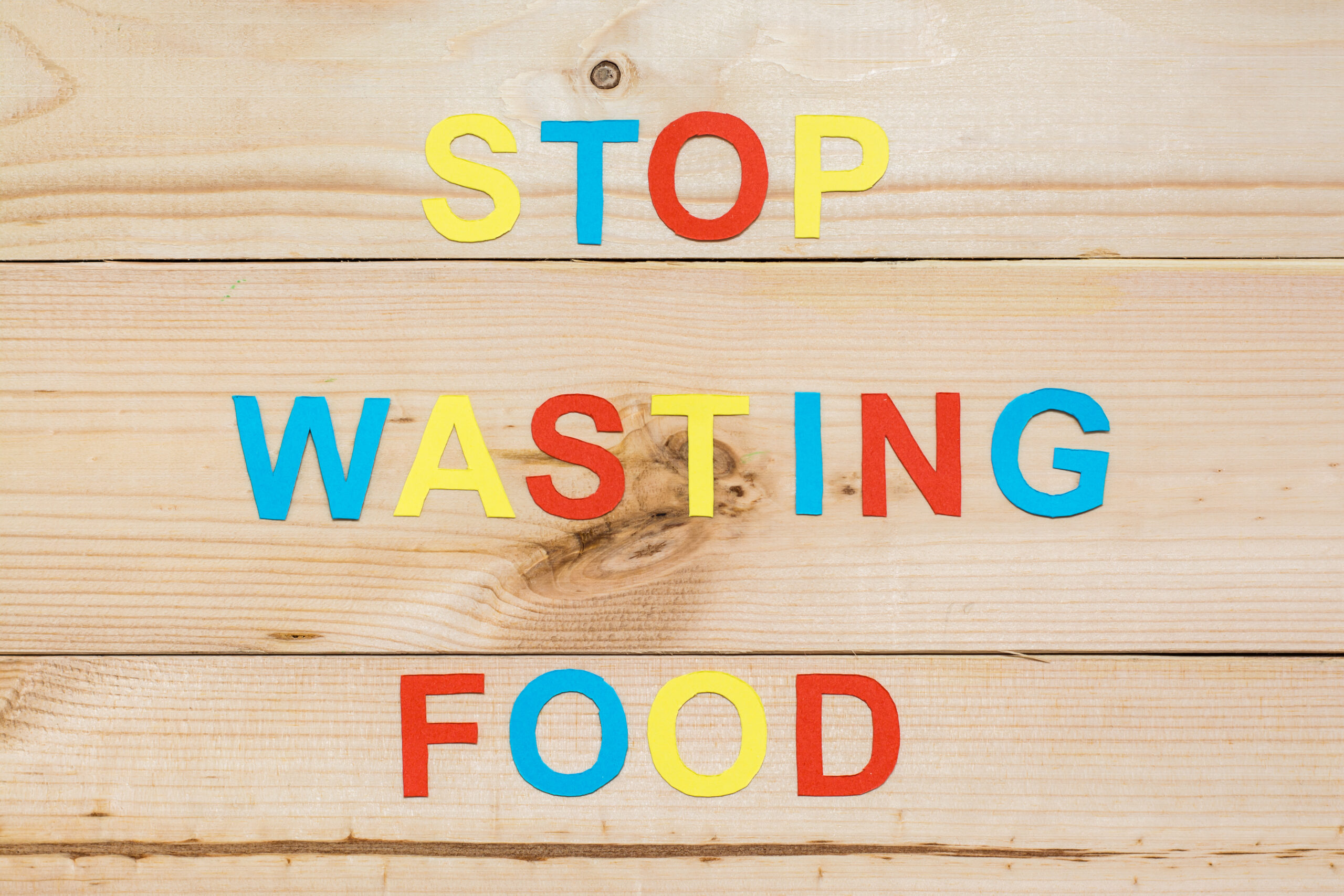Chobani has been exploring and discovering new ways to package its products in a more sustainable and eco-friendly way. This is why the yogurt brand has decided to move away from plastic to paper cups for their Chobani Oat yogurt.
The company’s newest products, oat milk, cold brew coffee and coffee creamers, already come in paper-based packaging that is also recyclable, so they decided to push this innovation forward and implement it on more of their products.
“We all have a role to play in protecting our planet,” said Chobani founder and CEO Hamdi Ulukaya in a press release. “People have been asking for a paper cup, and we welcome this challenge to start reducing our plastic use, and to spark a conversation about how we can drive change together.”
The paper cup is expected to hit grocery store shelves by the end of the year and is 80 percent paperboard. The material is responsibly sourced and renewable.
However, the paper cup isn’t entirely paper. It contains a thin plastic lining that maintains the product quality and prevents leakage.
“While this paper cup is a step in the right direction, it’s just the beginning,” said Ulukaya.
The company is aware of the complexities of the recycling system in the US. They understand that each state holds a different set of rules when it comes to mixed materials and recycling them. Still, they believe that this is a step towards positively implementing sustainable practices. Chobani is committed to showing the rest of the world more sustainable packaging as time goes on.
“The recyclability of plastics really depends on how consumers dispose of them. Recycling programs in the US are quite complicated and most consumers do not know which plastics are recyclable and which are not,” Tiffany Legendre, assistant professor at the Conrad N. Hilton College of Hotel and Restaurant Management at the University of Houston, told TODAY Food.
Chobani has committed in one way or another to create an impact not only as a brand checking the boxes but as one that can better the planet, communities and food system. They have identified five sustainability focus areas: operations, supply chain, people, community, and responsibility.
Some of their more focused goals include reducing their carbon footprint by powering their manufacturing operations with 100 percent renewable energy. Another goal is to reduce water consumption and create a cycle by putting as much water into the local communities as they can. But most importantly, for now, being able to make every piece of their packaging either fully recyclable, compostable, biodegradable or made with recycled content.
Other companies around the globe are also rethinking their packaging to become 100 percent recyclable and reusable. For example, General Mills removed their famous BuzzBee mascot from their Honey Nut Cheerios to bring awareness to the declining bee population. Additionally, they are committed to relying on recyclables by 2030.
Forbes stated that 2021 is the year of the package and that the COVID-19 pandemic has accelerated this change. With an increase in online grocery shopping and more food packaging arriving at people’s homes, there has been a shortage of sustainable and recyclable packaging. This has allowed many companies to rethink their packaging and innovate in this space.
For example, Nestlé is investing significant capital in the development of non-virgin plastics. Coca-Cola is committed to collecting 100 percent of its plastic bottles and switching to basic petroleum-based plastic bottles.
Mars, Inc. is another company changing its packaging to use more recycled plastics as its primary packaging of some popular pet food brands. Additionally, they have reduced the number of virgin plastics in its pet food packaging as a way to build a circular economy and eliminate waste.












Join or login to leave a comment
JOIN LOGIN